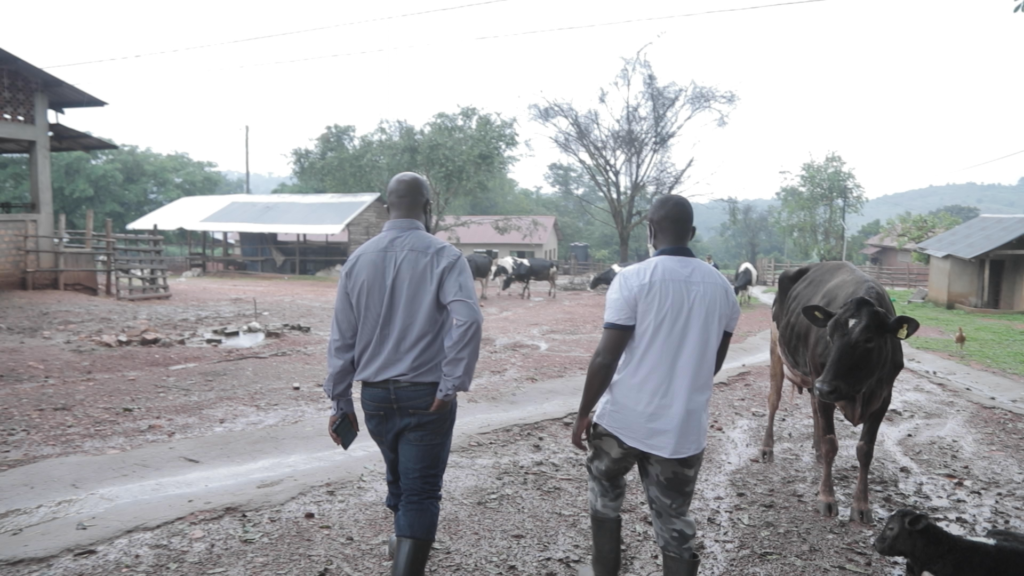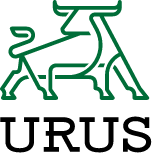
Bill & Melinda Gates Foundation- Africa Dairy Genetics Multiplication Program
Targeting Kenya, Uganda, and Tanzania, the program helps small-scale producers / farmers use artificial insemination (AI) to improve their overall herd genetics, resulting in increased farm incomes, healthier and more productive dairy cows, and better livelihoods for farmworkers. The Gates Foundation grant enables URUS to scale the program quickly over the next four years, impacting thousands of small-scale producers, creating hundreds of new jobs, and building local capacity to deliver new products and services on a mass level.
URUS is positioned to fulfill the following four program objectives over the next four years:
- Increase AI adoption by small scale producers in conjunction with regional and individual genetic plans
- Build a sustainable, reliable, and dependable network of AI technicians
- Increase participation of women in the dairy value chain, both as AI technicians and as farm-level decision-makers
- Develop partnerships with local genetic centers, processors, and other stakeholders for the benefit of the farmers and the AI technicians.
“This collaboration with the Bill & Melinda Gates Foundation is perfectly in line with the mission and vision of each of our organizations. It fits our company’s development goals for Africa, to do well by doing good. It complements and enhances the investments URUS is making in Africa to develop farmers, improve their livelihoods and build markets that are prepared for commercial services.”
– Cees Hartmans, URUS CEO
As a customer-centric business for which everything centers around the cow, URUS is best positioned to introduce new technologies to new markets and create value for local farmers. The URUS Mission is to be successful by creating sustainable value for our cooperative members and customers through long-term relationships, innovative products, programs, and services. In addition to being the largest supplier of bovine genetics in the world, URUS is also a market leader in dairy farm records management, colostrum supplements, soil, and milk testing – the entire platform is focused on creating a sustainable future for cattle farmers around the world.
The yield gap between Sub-Saharan Africa and regions with similar agroecology, like South America, is the largest in cow milk among all the animal protein value chains. Improved genetics are a major driver for closing this gap, and with that, it represents a major need and opportunity for change. As such, the Africa Dairy Genetics Multiplication program will focus on providing dairy farmers in East Africa with local and imported cattle breeds and genetics that perform well in specific environments and can contribute to more sustainable production and to increased farmer incomes and nutrition. The growing demand for
dairy, combined with the current low productivity per cow, is putting undue pressure on the African soil, grazing lands, and the environment in general. The use of proper genetics and management practices will reverse that and enhance the role of cattle production in regenerative agriculture. URUS will help transform the small African dairy producers to become the main suppliers of milk for their country in a commercial non-extensive way, with a lot of emphasis on the sustainability of the farms. Our goal is to develop comprehensive production systems that are sustainable, healthy, and profitable.
The second main objective that URUS will pursue is to establish a supply chain network that will allow for advanced reproduction practices to enter and persevere in the market. The goal is to create a commercially sustainable network of AI technicians that will offer reproductive services, genetics and dairy management advice, and more to the local small-scale producers. URUS has more than 15 years of experience in Global Development work and developed successful AI businesses, cooperatives, and networks in Brazil, India, South Africa. This experience will be used to recruit and train technicians that can perform at a high level, provide high-quality service to farmers and drive AI adoption while generating personal income from this activity. URUS, together with the foundation, also recognizes and promotes the role women and youth can play in modernizing farm practices and in offering access to modern technologies.
Finally, increased adoption and availability of AI will not by itself solve the problems of small dairy producers in East Africa. The URUS investment will be in synergy with other programs and investments that put the profitability and sustainability of local farmers forefront, from new products and technologies to the availability of processors who will purchase the additional milk.
The URUS Global Development Team is already at work to address the objectives of the program under the leadership of Dr. Hamid Rutaro, Technical Manager for URUS Africa.
“I am excited to return to my home country of Uganda to drive smallholder farmers gain in productivity and profitability within their operations and improved livelihoods for their families.”
-Dr. Hamid Rutaro, Technical Manager for URUS Africa
Cattle genetics and productivity in Sub-Saharan Africa can be improved as it is being done in the US, Europe, South America, and other regions. This leads to better lives for farmers, more milk for consumers, and a smaller environmental footprint for the industry. URUS is the largest bovine genetics company in the world, with over 31 million units of semen sold annually. Every second, a cow is inseminated with URUS semen, driving the industry gains and transformation. The Dairy Genetics Multiplication Program will expand this transformation to East Africa. It will result in hundreds of thousands of improved genetics cows, producing more milk and benefitting tens of thousands of farmers.
For commercial inquiries (semen, embryos, other products) please contact your country representative:
UGANDA: Dr. Hamid Rutaro [email protected], +256 776 258 578
TANZANIA: Mr. Edson Mfuru [email protected],+255 655 571 440
KENYA: Dr. Gregory Onyango, [email protected],+254 728 460 660

